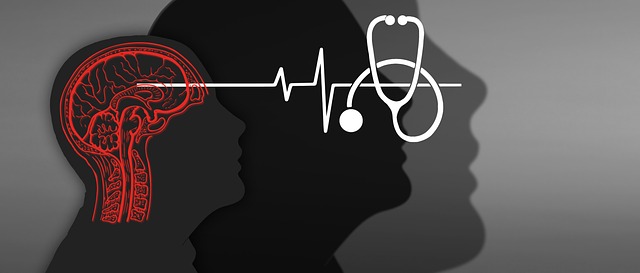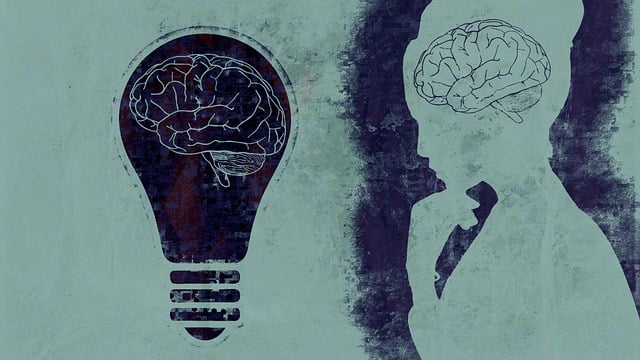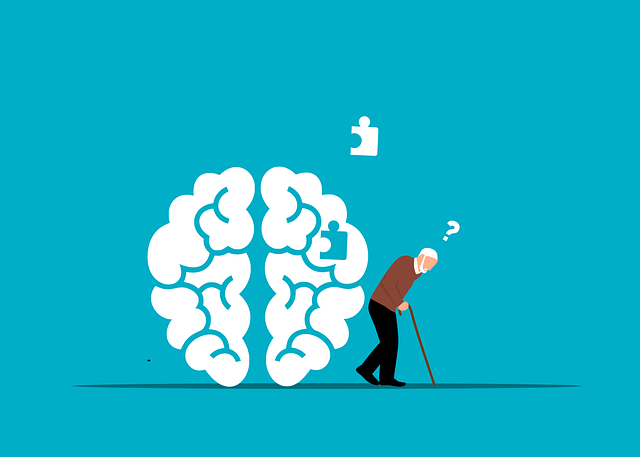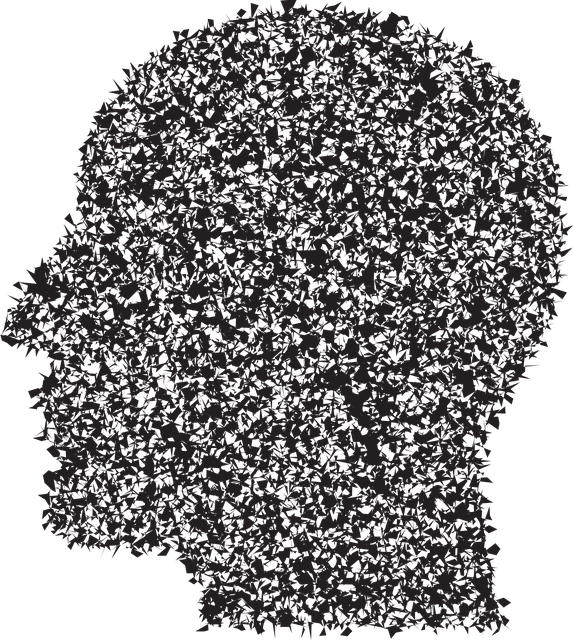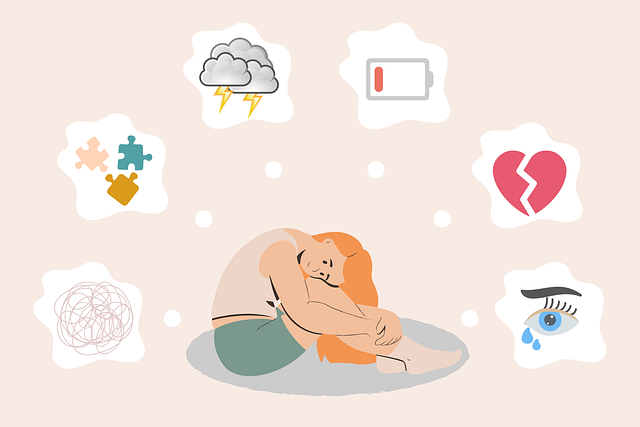Blended families in Northglenn face unique mental health challenges due to complex dynamics like step-parenting and cultural blending. Northglenn Blended Families Therapy provides tailored support through public awareness, education, and group therapy. Their program includes risk assessment, compassion cultivation, mindfulness techniques, and community outreach to empower families with coping mechanisms and reduce stigma. This pioneering model ensures everyone's mental health needs are prioritized, fostering a supportive network within blended families.
In today’s diverse family structures, addressing mental health within blended families is crucial. This article explores the design of an educational program tailored for Northglenn Blended Families Therapy, focusing on fostering resilience and understanding. We delve into key components, from identifying common challenges to implementing evidence-based strategies, drawing insights from the successful Northglenn model. By understanding the dynamics of blended families, this program aims to enhance mental well-being, offering a comprehensive guide for professionals and caregivers.
- Understanding Mental Health Within Blended Families
- Key Components of an Effective Education Program
- Implementing and Sustaining the Northglenn Blended Families Therapy Model
Understanding Mental Health Within Blended Families

In Northglenn, blended families often present unique challenges when it comes to mental health. These families, characterized by the union of two separate households, may struggle with complex dynamics, including step-parenting issues, blending cultural and family traditions, and navigating the emotional needs of both biological and adopted children. Understanding Mental Health Within Blended Families is a crucial aspect of supporting these households effectively. Public Awareness Campaigns Development and Communication Strategies play a significant role in promoting open discussions on mental wellness within such families.
By fostering an environment where mental illness is demystified and stigma reduction efforts are implemented, Northglenn Blended Families Therapy can significantly enhance the well-being of its clients. This involves educating family members about common mental health conditions, teaching coping mechanisms tailored to their unique circumstances, and encouraging regular check-ins to monitor and address emotional challenges proactively. Through these initiatives, it becomes possible to create a supportive network within blended families, ensuring that everyone’s mental health needs are given the attention they deserve.
Key Components of an Effective Education Program

An effective mental health education program, like those offered by Northglenn Blended Families Therapy, should incorporate several key components to ensure positive outcomes for participants. Firstly, a comprehensive Risk Assessment for Mental Health Professionals is essential to identify individual needs and tailor the curriculum accordingly. This includes screening for personal risk factors that may impact learning and emotional processing.
Secondly, programs must integrate Compassion Cultivation Practices and Inner Strength Development. These practices foster self-awareness, empathy, and resilience – crucial elements in managing mental health effectively. Through interactive exercises, group discussions, and mindfulness techniques, participants can learn to cultivate compassion towards themselves and others, which is a game-changer in navigating life’s challenges.
Implementing and Sustaining the Northglenn Blended Families Therapy Model

The Northglenn Blended Families Therapy Model represents a pioneering approach to mental health education and support within communities. Its successful implementation involves a multi-faceted strategy that combines group therapy sessions, tailored for blended families, with community outreach initiatives. This model not only addresses the unique challenges faced by these families but also fosters a sense of belonging and interconnectedness.
One key component is the integration of mindfulness meditation practices into the therapy sessions. Teaching families simple yet effective mindfulness techniques empowers them to manage stress and anxiety collectively. Additionally, the Community Outreach Program Implementation plays a vital role in expanding access to mental wellness resources beyond traditional settings. This includes organizing workshops, hosting a Mental Wellness Podcast Series Production, and utilizing digital platforms to reach a wider audience, ensuring that mental health education is accessible and engaging for all community members.
The Northglenn Blended Families Therapy Model demonstrates that a comprehensive mental health education program can significantly enhance family dynamics and well-being. By combining evidence-based practices with a tailored, supportive environment, this model offers a sustainable approach to addressing the unique challenges faced by blended families. Incorporating key components such as psychoeducation, skill-building workshops, and ongoing support groups, the program creates a nurturing space for open communication and personal growth. As demonstrated in this study, investing in mental health education can lead to lasting positive changes within these complex family structures, providing a brighter future for both parents and children alike.
